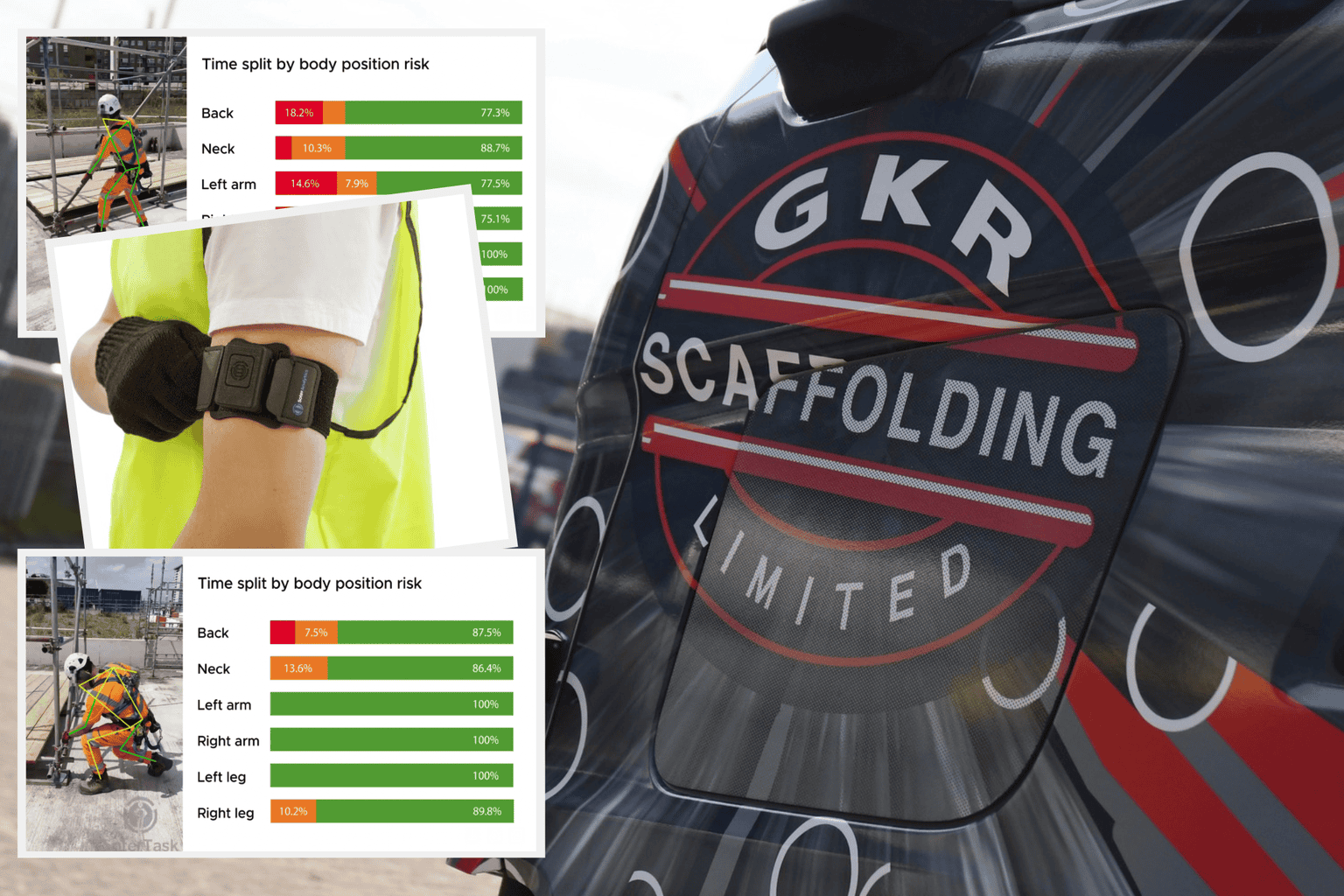The latest figures released by the Health and Safety Executive (HSE) reveal a disturbing increase in workplace fatalities due to falls from height, marking a grim milestone not seen in the last 17 years.
According to the data, 50 workers in Great Britain died from falls in the 2023/24 period, a 22% increase from the previous year’s 41 deaths.
The Access Industry Forum (AIF), representing key work-at-height trade associations and federations, expressed alarm at these statistics. The last time fatal falls from height were higher was in 2007/08, with 58 deaths. The current figures are 35% above the five-year average of 37, underscoring a persistent and troubling trend.
Rise in Self-Employed Fatalities Calls for System Overhaul
Despite advancements in height safety measures, ongoing campaigns, and heightened awareness of the risks, falls from height remain the leading cause of workplace fatalities in Great Britain. These incidents accounted for 36% of the 138 workplace deaths last year, up from 30% in 2022/23 and 25% in 2021/22.
Particularly concerning is the rise in fatalities among the self-employed, which surged by 44% over the last year, with 26 deaths in 2023/24 compared to 18 in the previous year. This marks the highest number of self-employed fatalities in over two decades and the first time in five years that such fatalities have exceeded those among employees.
The AIF is calling for an overhaul of the current reporting system to better understand the causes of these fatal incidents. Peter Bennett OBE, Chair of the AIF and No Falls Foundation, emphasised the need for a more effective reporting system to identify and address the root causes of falls from height.
“The latest HSE fatal injury figures paint an overwhelmingly bleak picture. It’s clear something isn’t working. Most falls from height are avoidable, but only if we can understand what’s causing them in the first place,” Bennett stated.
He highlighted the lack of detailed information on the circumstances of these incidents, which hampers efforts to implement effective preventative measures. Bennett urged the next government to adopt a simplified and more effective accident reporting system as outlined in their manifesto, supported by the No Falls Foundation. He also called on MPs to pledge their support for re-establishing the All-Party Parliamentary Group (APPG) on Working at Height, which plays a crucial role in addressing this issue.
“We know that working at height can be dangerous, but we should be able to put appropriate and robust measures in place to make it safer. Too many people are being killed at work after falling from height. It’s unacceptable and now more than ever, it’s time for change,” Bennett concluded.
Clive Dickin, CEO of the National Access and Scaffolding Confederation (NASC), said: “NASC is, of course, deeply concerned with any increase in reported fatalities or injuries as a result of working at height. The focus, however, should be on highlighting best practice for prevention, as exemplified by the measures the NASC have undertaken to prevent falls, many of which are detailed in the 2024 NASC Safety Report that revealed zero fatalities within the NASC membership.
NASC has issued further updated guidance preventing falls in scaffolding operations and an extensive video outlining key health and safety activities and portraying best practices for working at height endorsed by HSE. The ability to achieve a substantially reduced risk comes from clear guidance and excellent management for which NASC members are recognised by their clients.
The reporting system is clear and simple to use and NASC is concerned that the focus on the reporting will distract from the reality of highlighting to contractors the need to achieve recognised standards.”


